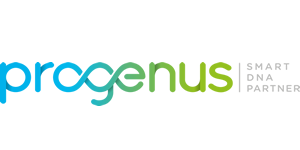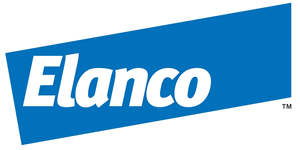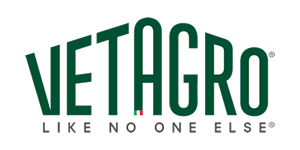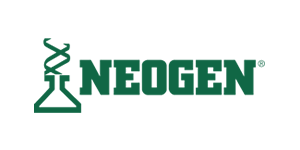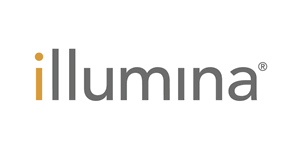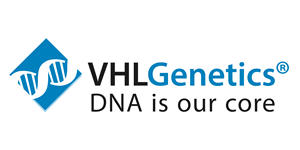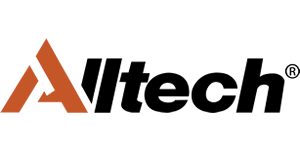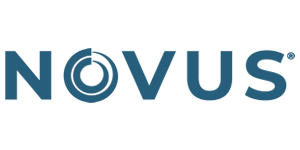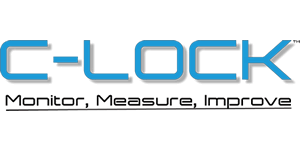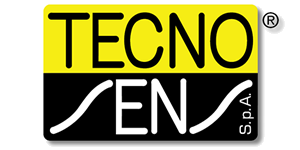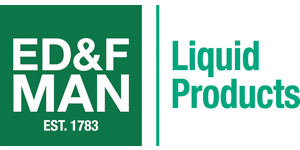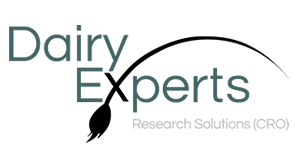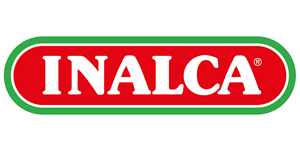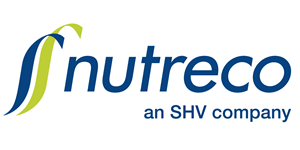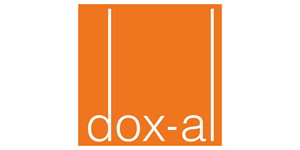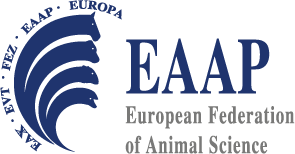Ghent 2019
Book of Abstract: Book of Abstract Ghent 2019
Sessions
- Session 01. What to conserve?
- Session 02. Novelties in genomics research and their impact on genetic selection
- Session 03. PLF possibilities for sheep, goats, poultry and horses
- Session 04. Innovative dairy research and extension (Young Train)
- Session 05. Metabolomics and further OMICs techniques applied to livestock physiology
- Session 06. Insects in a circular economy
- Session 07. Dietary functional components: effects on animal performance, health and environment
- Session 08. Innovative approaches to pig production and pig research (Wageningen Academic Publishers early career competition) – part I
- Session 09. Challenges of livestock farming systems in relation to society
- Session 10. Tail biting and feather pecking
- Session 11. Raising awareness on the importance of animal genetic resources
- Session 12. Novelties in genomics research and their impact on genetic selection
- Session 13. Towards a climate smart European livestock farming
- Session 14. Differentiation of consumers oriented milk & meat products (e.g. A2A2 milk, pasture based milk & meat / hay milk / …)
- Session 15. Innovations in sheep and goat breeding
- Session 16. Producing insects on different feeding substrates
- Session 17. Alternative feed ingredients: former food, by-products, and new materials
- Session 18. Innovative approaches to pig production and pig research (Wageningen Academic Publishers early career competition) – part II
- Session 19. Heat stress and other environmental factors affecting performance: a physiology perspective
- Session 20. Parasites
- Session 21. Horse performance and welfare – Ethics
- Session 22. Plenary Session and Leroy Lecture
- Session 23. Crossbreeding
- Session 24. Epigenetics
- Session 25. PLF for animal health and welfare
- Session 26. Microbiome-host interactions and gut health
- Session 27. Animal farming for a healthy world
- Session 28. Standardisation of research methods and parameters
- Session 29. Algae as animal feed
- Session 30. Neonatal survival in pigs
- Session 31. How to address tradeoffs and synergies in livestock farming systems?
- Session 32. New sheep & goat projects day symposium
- Session 33. Burning issues in biodiversity 1: what are the benefits from animal gene banks?
- Session 34. Gene editing: can we afford (not) to use precision technologies in livestock breeding?
- Session 35. IOT session, first results from the project www.iof2020.eu (2017-2020)
- Session 36. Beef farming and products towards the future
- Session 37. Strategies reducing antimicrobial need (part I)
- Session 38. Insects in animal feed: beyond the protein concept
- Session 39. Societal concerns, with focus on environment and antimicrobial resistance, that can be addressed through animal nutrition: state of science and specialty feed ingredients
- Session 40. Various topics in pig production
- Session 41. Resilient livestock farming systems in the context of climate and market uncertainties
- Session 42. Equine production and equine products/use
- Session 43. Burning issues in biodiversity 2: fitter livestock farms from better gene banks
- Session 44. Free communications in animal genetics
- Session 45. Alarm management, individual feed efficiency, data quality and data ownership, decision support systems
- Session 46. Sustainable pig production systems (part I)
- Session 47. Match making for research, industry, policy makers
- Session 48. Implementing innovative solutions in animal nutrition: tools and success stories from the field to tackle environmental issues and to reduce the need of antibiotic use in animal farming
- Session 49. Health in poultry and free communications
- Session 50. YoungEAAP: should I stay or should I go? – pros and cons of alternative career options
- Session 51. Progress in making aquaculture more sustainable
- Session 52. Horses as agents of European culture, from the past to the future / The co-evolution of humans and horses
- Session 53. Fibre from camelids and sheep
- Session 54. Free communications Inbreeding; GxE
- Session 55. Sensing cutting edge technologies in milk and livestock
- Session 56. Metabolic diseases in dairy cows: strategies for their reduction
- Session 57. Strategies reducing antimicrobial need (part II)
- Session 58. inValuable: lessons and results from the Danish insect value chain (part I)
- Session 59. Free Communications animal nutrition: dairy and beef cattle
- Session 60. Sow + gilt nutrition and management
- Session 61. Livestock farming systems free communications
- Session 62. Producing sheep & goats with reduced veterinary inputs
- Session 63. Equine breeding systems
- Session 64. Camelids as emerging food producing species in our changing climate
- Session 65. Free communications Genomic prediction and GWAS
- Session 66. Impact of new precision phenotyping technologies on animal breeding (in collaboration with GplusE)
- Session 67. Impact of environmental challenges and consumer demands on cattle response traits and farming systems
- Session 68. Sustainable pig production systems (part II)
- Session 69. inValuable: lessons and results from the Danish insect value chain (part II)
- Session 70. Feed efficiency and enteric methane emission of cattle
- Session 71. Limits in production growth – on level of cow and farm and industry (ADSA-EAAP seminar)
- Session 72. Agroecological approaches in livestock farming systems
- Session 73. Free communications animal nutrition

